xū, yù
interjection 'Alas!'
Phonosemantic compound. 口 represents the meaning and 于 represents the sound. Simplified form of 籲.
Evolution

Seal script
Late Spring and Autumn (~500 BC)
Seal script
Shuowen (~100 AD)
Clerical script
Eastern Han dynasty (25-220 AD)Regular script
ModernMost common words with 吁
Freq. | Word | Meaning |
|---|---|---|
an appeal | ||
sh | ||
to pant | ||
long moan and short gasp (idiom); continually moaning and groaning in pain | ||
to pant |
Sources
